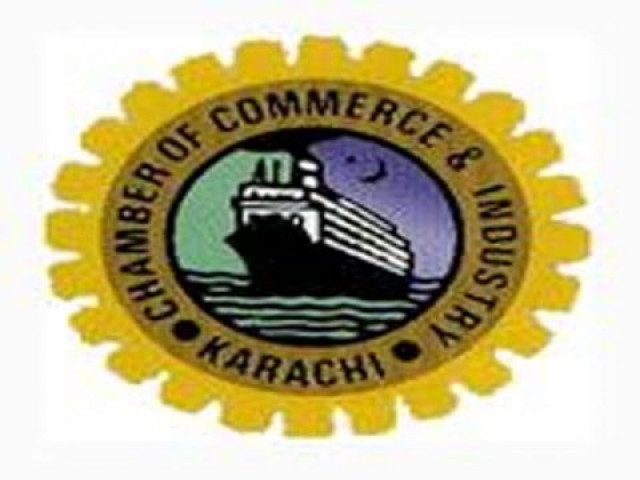Business leaders consider strikes over high costs
KCCI president criticises elite-friendly policies, calls for govt action as frustration mounts

Business leaders in Karachi are planning to resort to agitation against the high cost of doing business, citing elite-friendly policies that they say are making life miserable for traders and industrialists. Karachi Chamber of Commerce and Industry (KCCI) President Iftikhar Ahmed Sheikh expressed deep concern, stating that despite repeated appeals, press conferences, and media statements, the government has not provided any relief.
Sheikh noted that while immediate relief was granted to the inhabitants of Azad Jammu and Kashmir following their protests against high electricity tariffs, similar demands from flour mills, petrol dealers, and other sectors have been ignored. This includes the recent call to renegotiate agreements with Independent Power Producers (IPPs). He highlighted that the federal finance minister has not responded to KCCI’s requests for meetings, often citing International Monetary Fund (IMF) constraints as an excuse.
The business community, frustrated with the lack of response, is pressing KCCI to call for strikes, sit-ins, and protest rallies. Sheikh pointed out that while the KCCI does not typically support such actions, the mounting pressure from members is making it difficult to avoid. He warned that unemployed workers and impoverished citizens might take to the streets, leading to further unmanageable challenges for the government.
In a related development, Hyderabad Chamber of Small Traders and Small Industry (HCSTSI) President Muhammad Farooq Shaikhani has written to Federal Minister for Energy Awais Ahmed Khan, demanding explanations for excessive and unjust charges on commercial and industrial electricity consumers.
Pakistan’s tax system has eroded trust among businessmen and the public, as the government heavily relies on utility bills for revenue. This practice, coupled with unauthorised taxes on electricity bills and frequent petroleum price hikes, has led to significant financial strain. Transparency and accountability are seen as crucial steps towards rebuilding confidence in the country’s fiscal policies.
Shaikhani detailed the burdensome taxes imposed on consumers, including an 18% GST on electricity bills, a 10-12% income tax on bills ranging from Rs500 to Rs4,000, a 4% extra tax, 1.5% electricity duties, and a 7.5% additional sales tax. Consumers also face a PTV fee of Rs35 to Rs60 and bear costs related to power theft, line losses, and capacity charges for unused electricity.
He noted that during the financial year 2022-23, approximately Rs50 billion in additional taxes were collected from the commercial sector, with Rs30 billion allocated for infrastructure projects and Rs10 billion designated as subsidies for the energy sector.
Federation of Pakistan Chambers of Commerce and Industry (FPCCI) Acting President Abdul Mohamin Khan announced that the FPCCI would plead the case of unbearable capacity charges of IPPs to the Supreme Court of Pakistan and the Special Investment Facilitation Council (SIFC).



















COMMENTS
Comments are moderated and generally will be posted if they are on-topic and not abusive.
For more information, please see our Comments FAQ